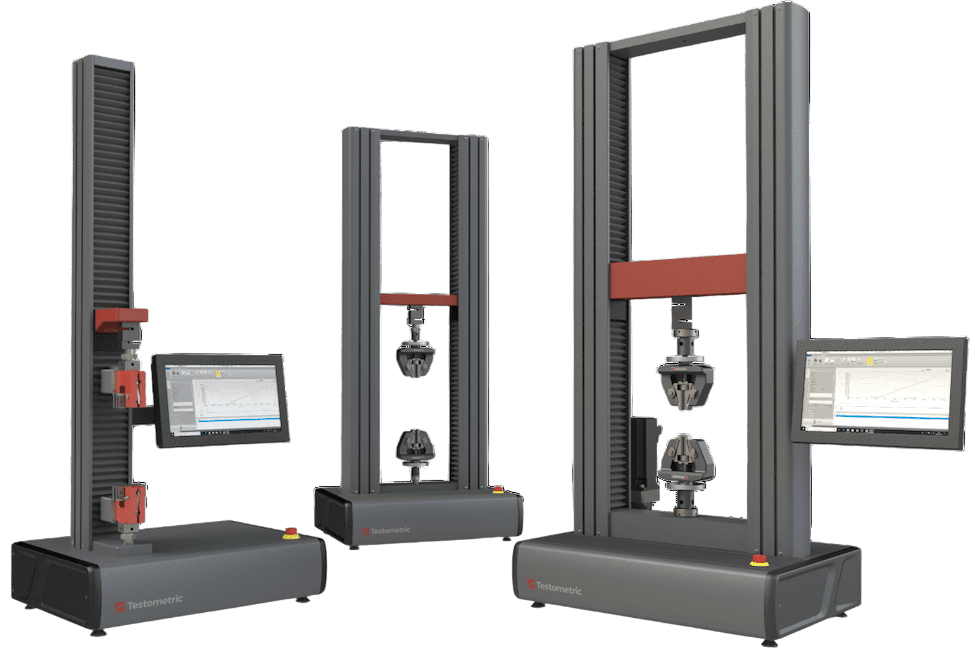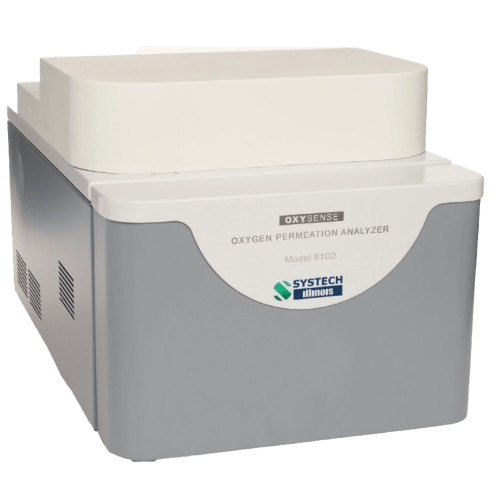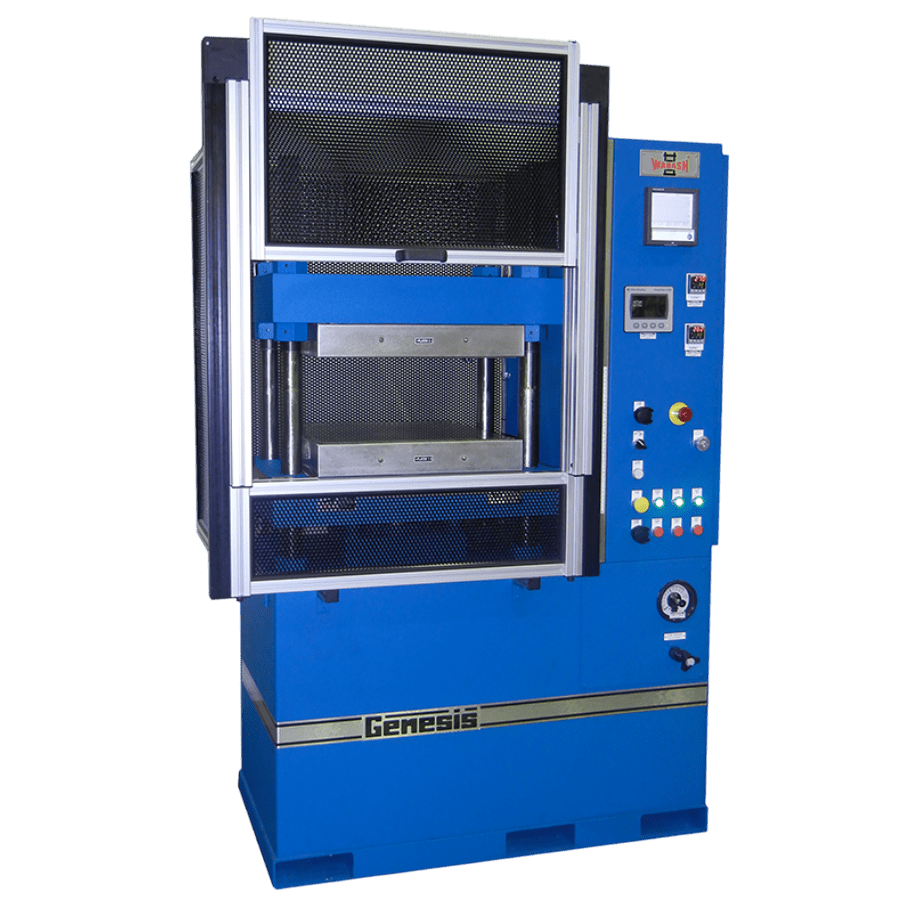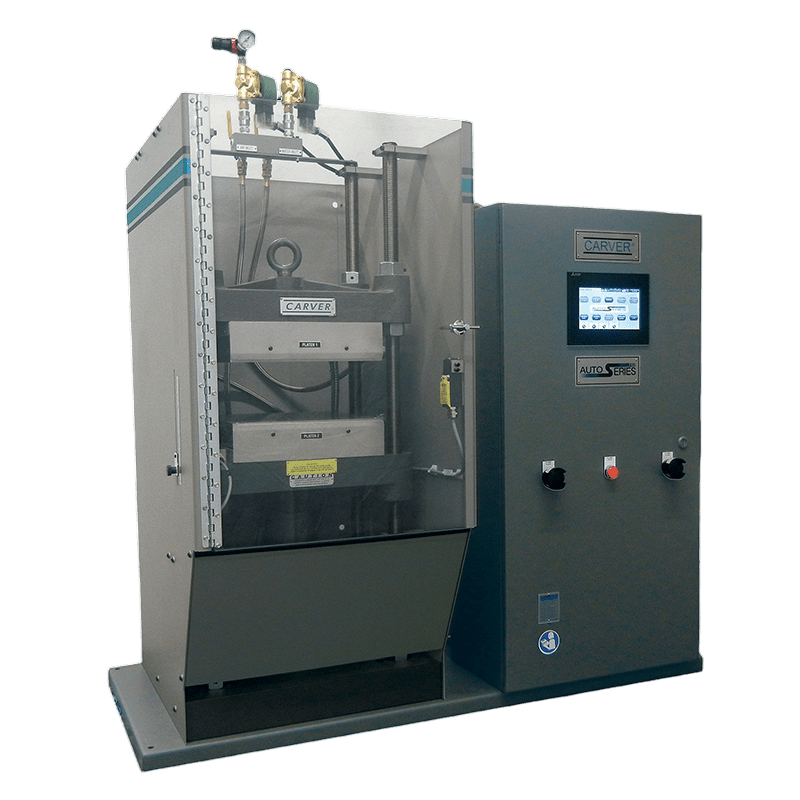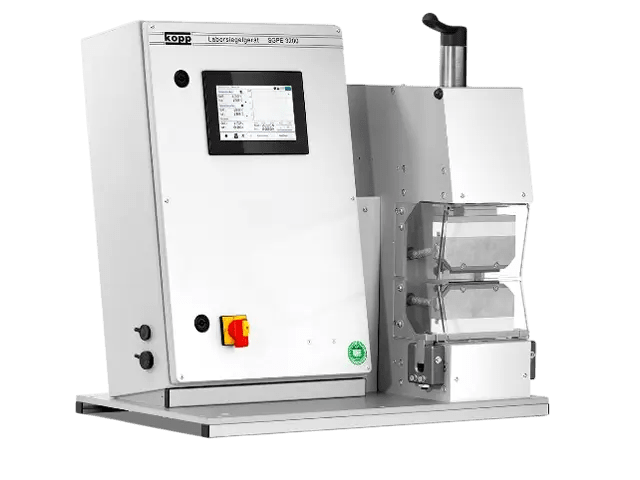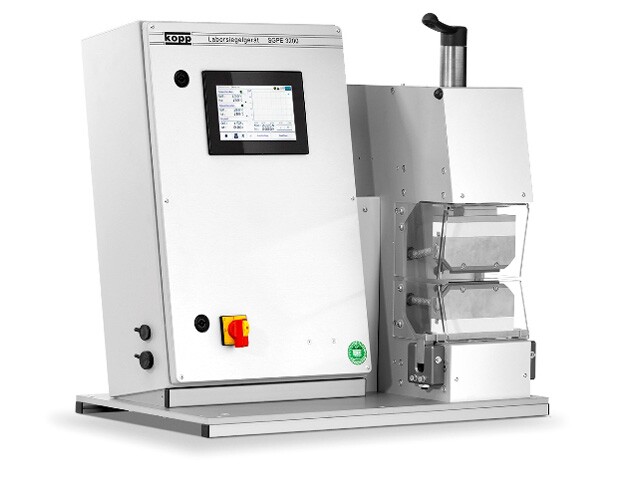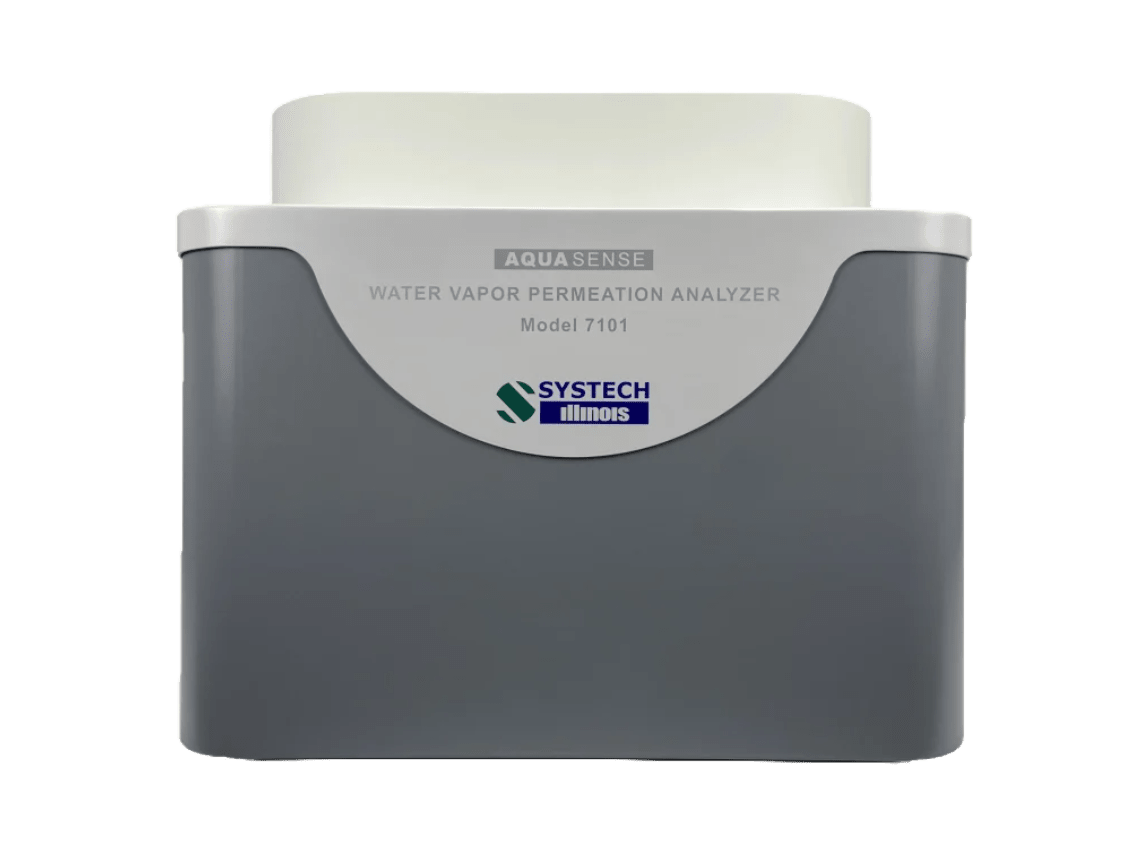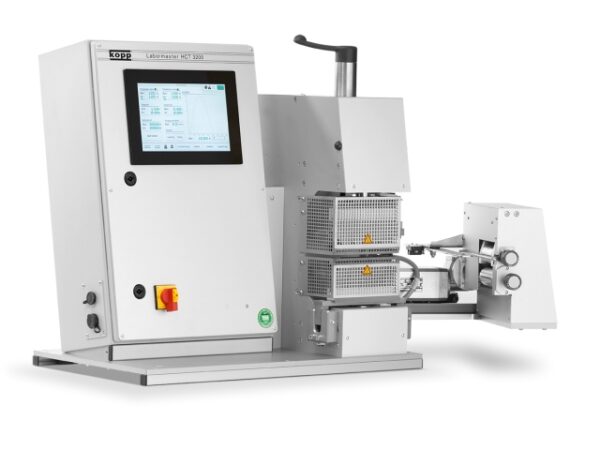Products Trusted By Industry Leaders





























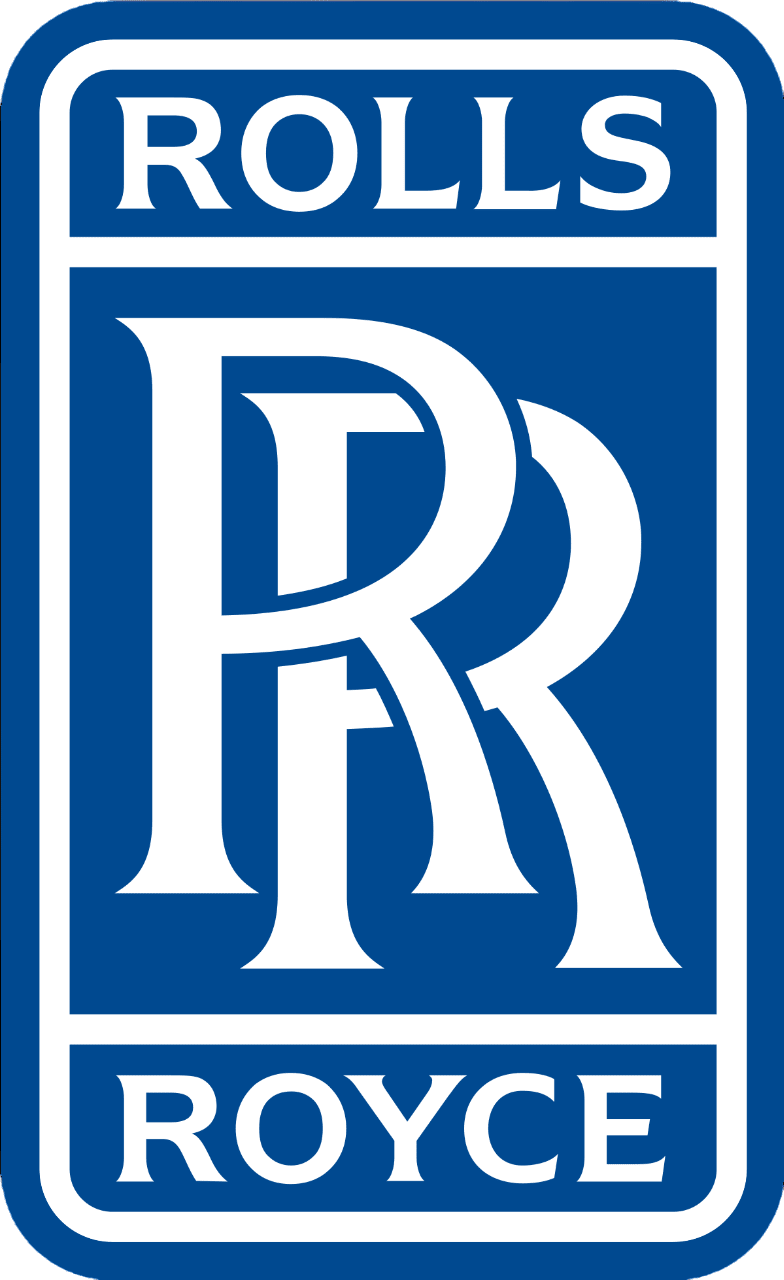


















Product Showcase
Systech 8001e OxySense® Oxygen Transmission Rate Analyzer
- 0.05-432,000Range cc/(m²·day)
- 0.0001Resolution cc/m²/day
- 0.015 or 1%Repeatability
- eMetric™ CoulometricSensor Technology
- 10-40°C ±0.1°CTemperature Control
- 20-90/100% RHHumidity Control
- ASTM D3985Primary Standard
- Auto-Stop™Testing Optimization
- Pure O₂ & N₂Gas Requirements
- No CalibrationAbsolute Measurement
- Films & PackagesSample Types
- Wet to DryQuick Conversion
Systech AquaSense 7101 Water Vapor Permeation
- 0.002-1000Range g/(m²·day)
- ±0.5%Accuracy
- P₂O₅ CoulometricSensor Technology
- 10-40°C ±0.1°CTemperature Control
- 20-90/100% RHHumidity Control
- ASTM F1249Standard Compliance
- ASTM F3299-18Updated Standard
- No CalibrationAbsolute Measurement
- 50 cm²Standard Test Area
- Pure NitrogenGas Requirement
- Multiple SpecimensSimultaneous Testing
- Films, Bottles & TraysSample Flexibility
Testometric | Benchtop UTM
- 1-100kNForce Range
- ±0.5%Accuracy
- 800-1300mmVertical Space
- 0.000001mmResolution
- 500 / 1000 HzData Acquisition Rate
- 500-2500mm/minMax Speed
- 8-400kN/mmFrame Stiffness
- ±0.1%Speed Accuracy
- 21 CFR Part 11FDA Compliance
- 1300mmTravel Length
- 620mmColumn Width
- XFS SeriesModel Range
Testometric | Floor Standing UTM
- 100-1000kNForce Range
- ±0.5%Accuracy
- 1600mmVertical Space
- 0.00001mmResolution
- 500 / 1000 HzData Acquisition Rate
- 600mm/minMax Speed
- 1300mmTravel Length
- 620mmColumn Width
- XFS SeriesModel Range
- ASTM D638Tensile Standard
- ASTM D790Flexural Standard
- 21 CFR Part 11FDA Compliance
Dynisco LMI5500 Series Melt Flow Indexer
- 0.1 - 50MFR g/10min Range
- ±0.5%Measurement Accuracy
- ±0.1°CTemperature Precision
- ASTM D1238Primary Standard
- ISO 1133-1/2International Standard
- Manual & Auto CutOperation Modes
- Auto CleaningLow Maintenance
- 21 CFR Part 11FDA Compliance
- IQ/OQ SupportValidation Ready
- Touchscreen ControlUser Interface
- Data ExportConnectivity
- Multiple Die SetsVersatile Testing
Carver | Laboratory Press
- 50 TonsMaximum Force
- 400°CMaximum Temperature
- ±1°CTemperature Control
- 12" x 12"Heated Platen Size
- Manual/AutoOperation Modes
- ASTM D5628Testing Standard
- 0-1000 psiPressure Range
- 6" StrokeRam Travel
- Lab MoldingPrimary Application
- Precise ControlRepeatability
- Fast Heat-UpProductivity
- Safety InterlocksOperator Protection
Wabash MPI | Compression Press
- 500 TonsMaximum Force
- 500°CMaximum Temperature
- ±0.5°CTemperature Accuracy
- 24" x 24"Heated Platen Size
- PLC ControlAutomation
- 0-5000 psiPressure Range
- 24" StrokeRam Travel
- Compression MoldingPrimary Application
- Recipe ManagementProcess Control
- Multi-Zone HeatingTemperature Zones
- Industrial DutyHeavy Production
- Safety InterlocksOperator Safety
Willi Kopp | Laboratory Sealer
- 350°CMaximum Temperature
- ±0.5°CTemperature Precision
- 0.1-60sSealing Time Range
- 12mmSealing Width
- 0-6 barPressure Range
- ASTM F88Seal Strength Testing
- Multi-Layer FilmsMaterial Compatibility
- Consistent SealsReproducibility
- Lab Seal TestingPrimary Application
- Fast Sample PrepProductivity
- Easy OperationUser Friendly
- German EngineeringBuild Quality
Willi Kopp | Hot Tack Tester Labormaster
- 260°CMax Temperature
- 1800NMax Sealing Force
- 12m/minMax Withdrawal Rate
- ±0.1°CTemperature Accuracy
- ±1%Force Accuracy
- 60mmMax Specimen Width
- DIN 55571-2Standard Method
- 0.01-99.99sSealing Time Range
- Hot Tack AnalysisPrimary Application
- Seal OptimizationProcess Development
- Real-Time DataLive Monitoring
- German PrecisionEngineering Quality
▶️ Watch Demo
Advanced Testing Capabilities
Comprehensive testing solutions for materials, packaging, and quality control across all industries
75
Years of Experience
50+
Industries Served
1000+
ASTM/ISO Standards
Ready to Elevate Your Testing?
Join top Indian innovators, labs, and manufacturers who trust FITCO for world-class testing equipment and support. Fast quotes, expert advice, and proven results.
70+
Years of Excellence
50+
Industries Served
Global
US, UK & German Brands







